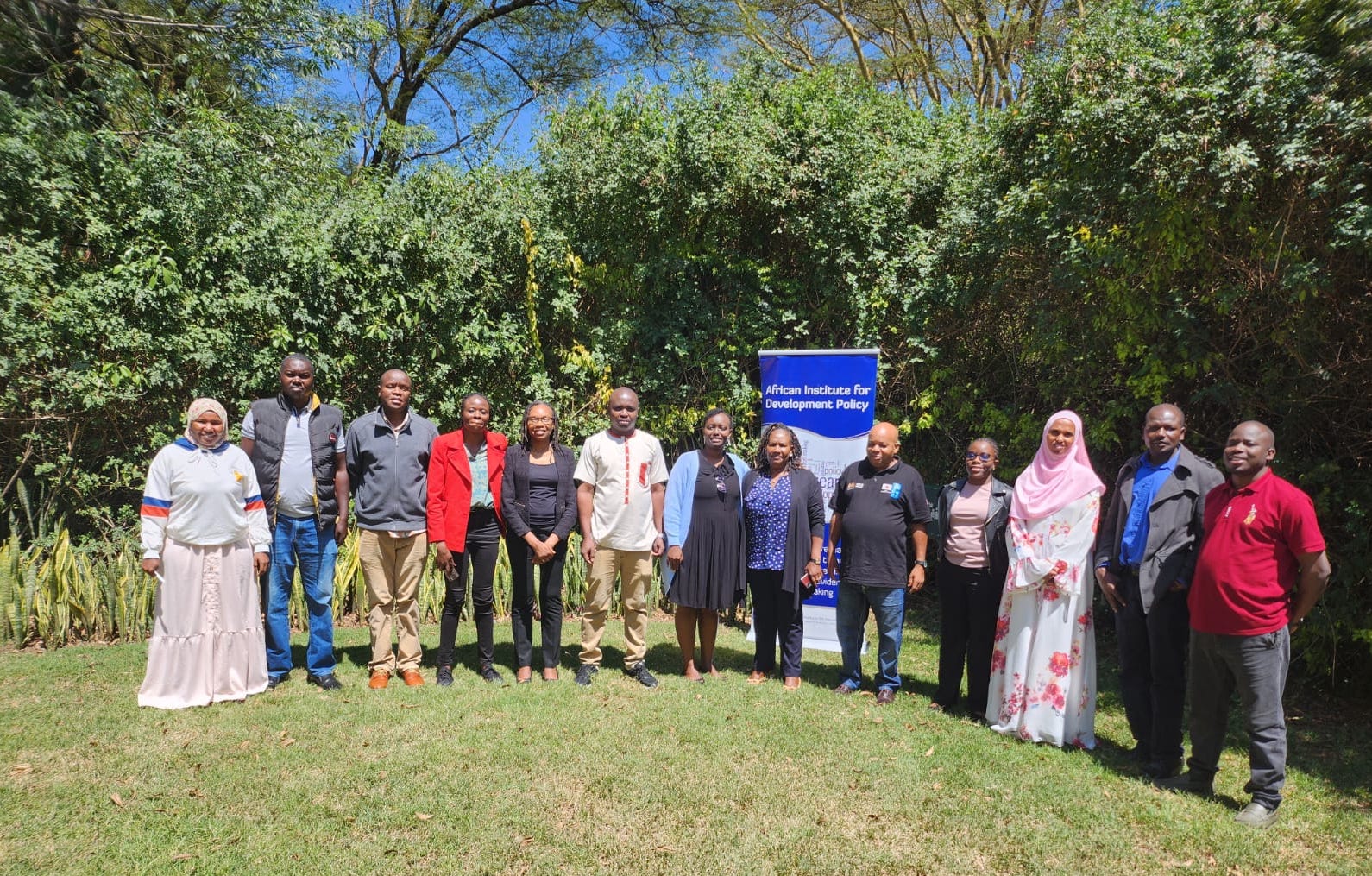News

The Alliance for Evidence and Equity in Policy-Making in Africa (AEEPA), led by the African Institute for Development Policy (AFIDEP), has launched a 5-day intensive training program for senior officials from Kenya’s Ministry of Energy, focusing on evidence-informed policy-making (EIPM). The training takes place from October 7-11, 2024.
This training, taking place in Naivasha, specifically targets officials from the Department of Renewable Energy, aiming to build their capacity to systematically identify, appraise, synthesize, and adapt relevant evidence, including incorporating a strong gender equity and social inclusion lens.
Participants will be introduced to the systematic rapid evidence review (RER) approach, a modified version of the traditional systematic review method, designed to accommodate the time-sensitive nature of policy-making processes.
Through this method, officials will learn to efficiently collect and evaluate data to inform their policy decisions. The curriculum covers key components such as formulating research questions, planning and conducting literature searches, critically appraising studies, and synthesizing findings. A core feature of this approach is the emphasis on integrating gender and social inclusion analysis throughout the evidence-gathering and policy-making stages.
Following the training, the officials will undergo a 6-month mentorship program aimed at solidifying their skills in applying EIPM methods. Each participant or group of participants will be tasked with producing evidence briefs, tackling specific policy or program implementation issues that they encounter in their day-to-day work. These briefs will serve as actionable solutions for consideration by top decision-makers within the Ministry of Energy.
This initiative addresses a significant gap in Africa’s policy-making ecosystem, particularly the insufficient capacity among decision-makers to access, appraise, and integrate high-quality evidence into policy development. Systematic reviews, and by extension rapid evidence reviews, are increasingly recommended as tools to support evidence-informed decision-making. However, barriers such as weak relationships between evidence producers and policy-makers, irrelevant or untimely evidence, insufficient gender and social inclusion data, and political interests often hinder this process.
The AEEPA project, through AFIDEP, aims to strengthen both individual and institutional capacities in evidence synthesis and translation across African countries. The goal is to foster national, sub-national, and regional knowledge exchange that enhances the quality and equity of policy-making, especially in sectors such as reproductive health and energy. By focusing on systematic and rapid evidence reviews, the project seeks to reduce biases in evidence use, ensuring that policies are both data-driven and inclusive.
Through this training in Naivasha, Kenya’s Ministry of Energy is poised to integrate more robust and equitable evidence into its renewable energy initiatives, thus advancing informed and inclusive decision-making that can serve as a model for other sectors and countries across the continent.

